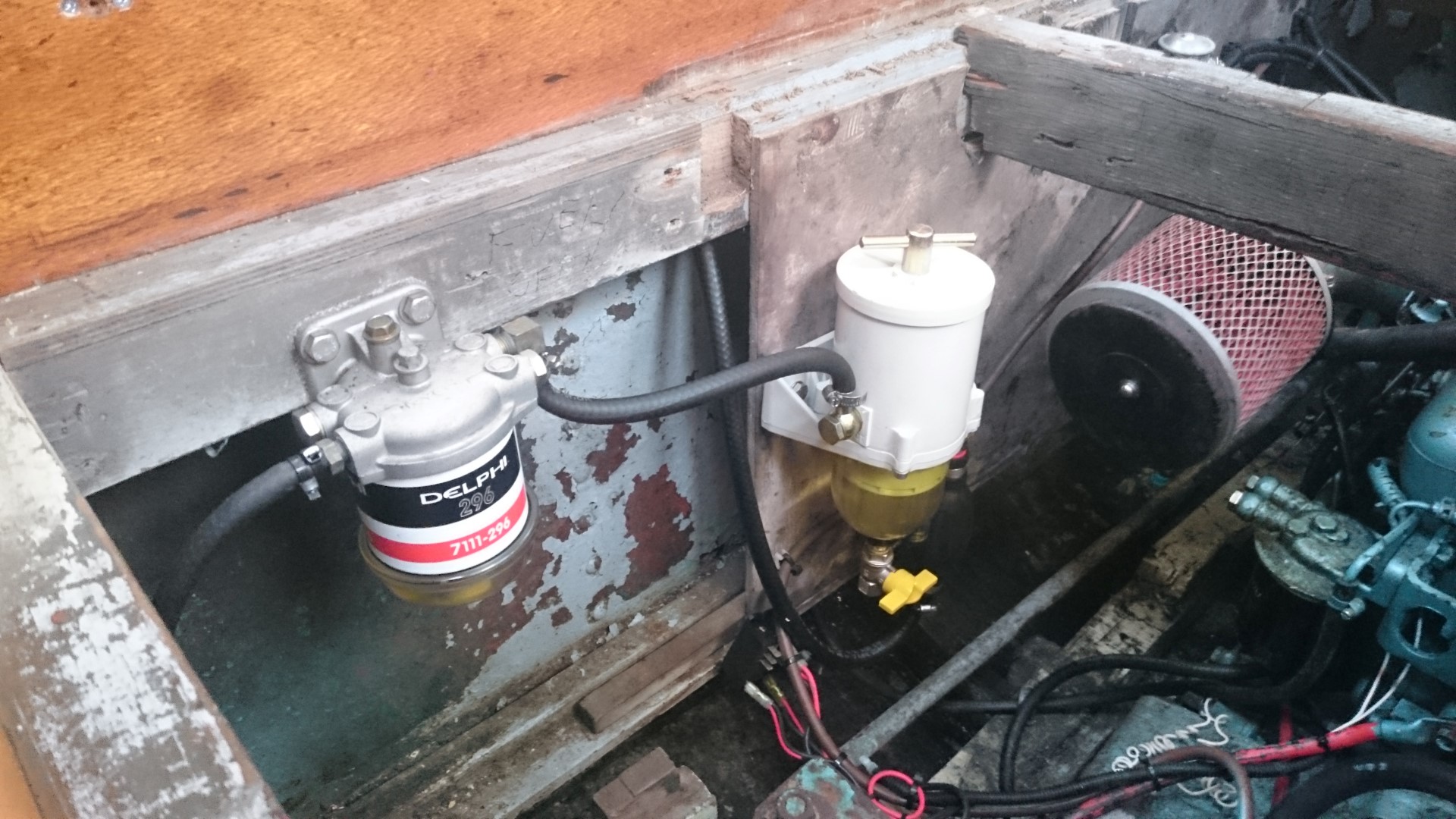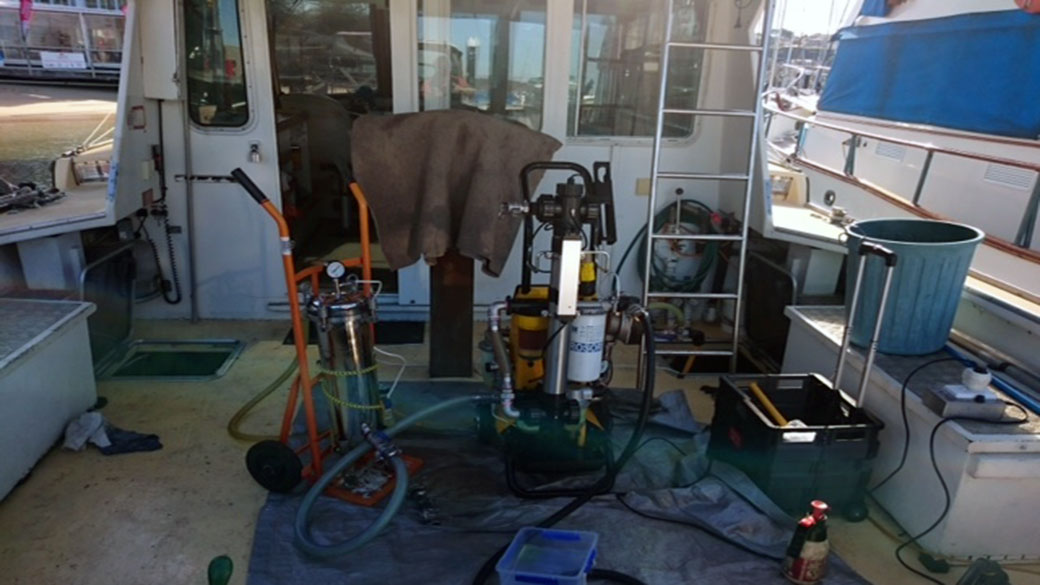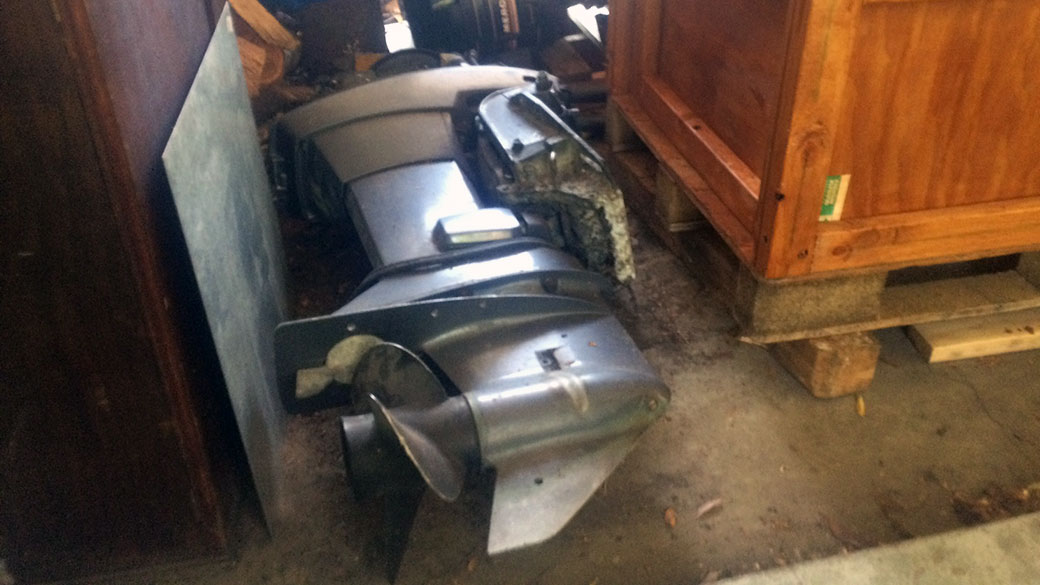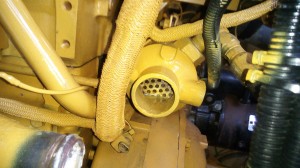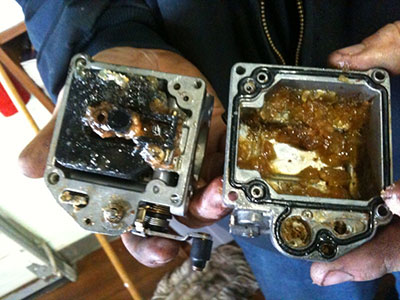Why Timely Outboard Servicing Matters: A Real-World Example
If you own a boat, you already know your outboard engine is the heart of your adventures on the water. But what many boaters overlook is how vital regular servicing is to keeping that heart beating strong. Delaying or skipping scheduled maintenance doesn’t just shorten the life of your outboard—it can lead to expensive repairs and even leave you stranded when you least expect it.
Recently, we pulled apart an outboard gearbox that told the perfect story of why timely servicing matters.
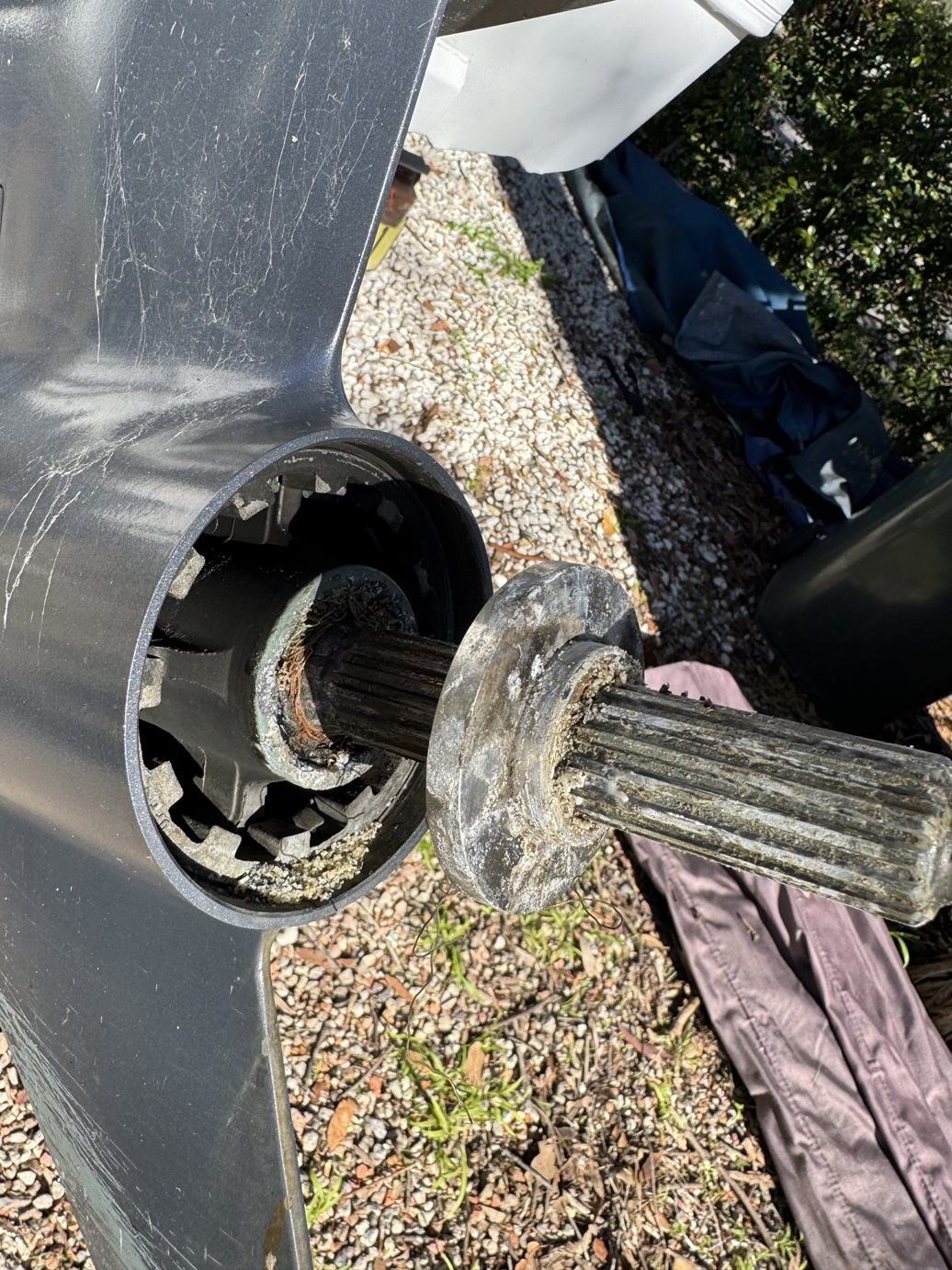
The Problem: A Hidden Fishing Line
Fishing lines are one of the most common hazards for outboards. They can wrap around the propeller shaft and, if left unchecked, work their way into seals. Once a seal is compromised, water finds its way into the gearbox, mixing with oil, leading to rust, corrosion, and eventual failure of internal components.
In the case we inspected, a fishing line had managed to sneak past the seals. The tell-tale signs were clear:
-
Difficult Propeller Removal – The prop was seized tight, suggesting that it hadn’t been serviced or removed in at least two years. With regular maintenance, a prop should come off without a fight.
-
Corrosion and Debris – Heavy corrosion was visible around the prop shaft and hub. You could even see remnants of plant material and fishing line embedded deep inside.
-
Contaminated Gear Oil – When we removed the drain plug, the oil was thick, black, and loaded with metal shavings. Instead of clean lubricant, it looked like sludge. That’s a strong indicator of wear inside the gearbox.
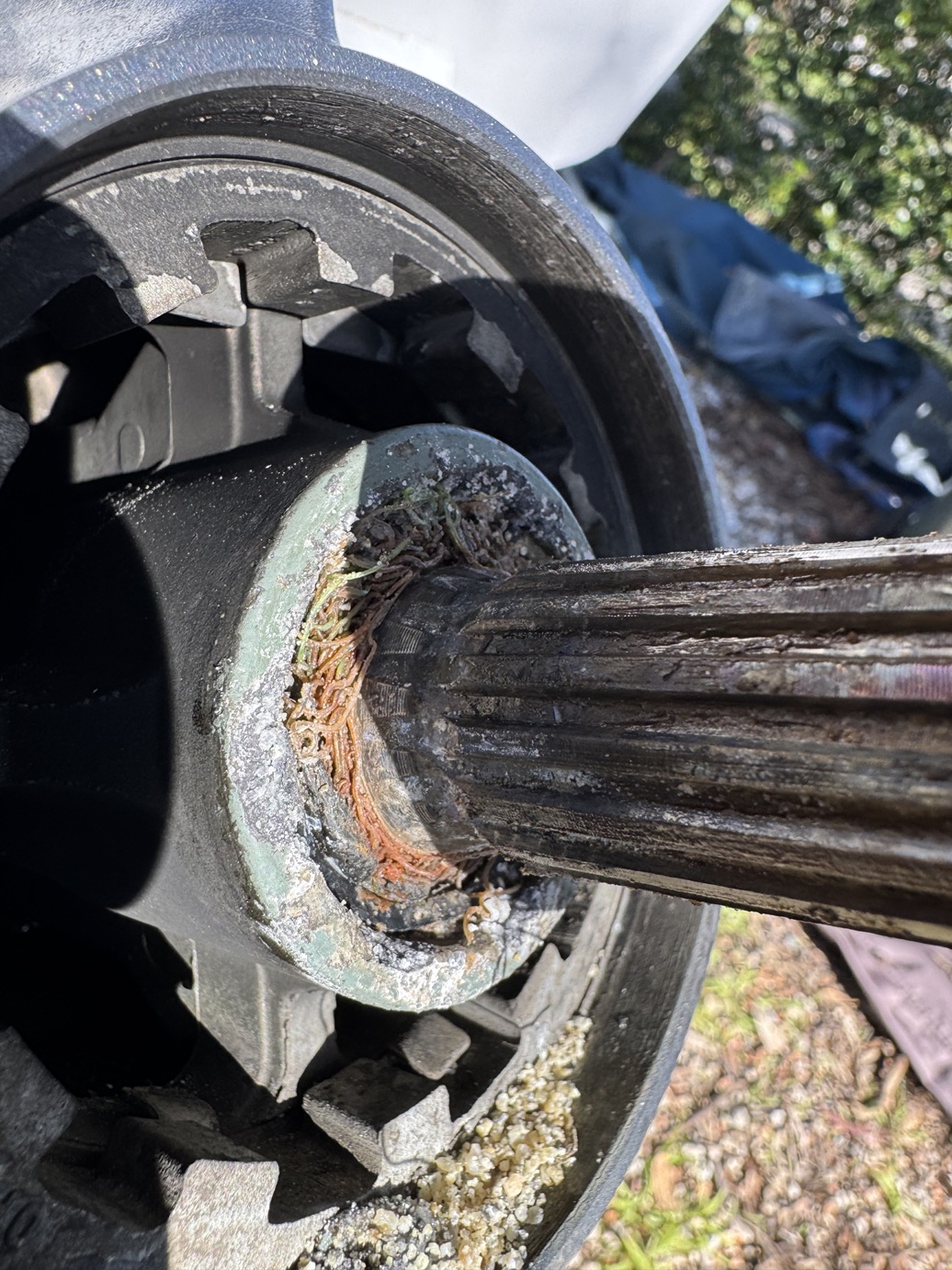
Why This Happened
The root cause here wasn’t just the fishing line—it was neglect. A simple routine inspection and servicing schedule could have prevented most of this damage. Removing the propeller once or twice a season allows you to check for fishing line and re-grease the shaft. Draining and refilling the lower unit oil at least annually ensures water intrusion or metal shavings don’t go unnoticed.
Unfortunately, when these steps are skipped for years, small issues escalate into major problems. What could have been a 30-minute service job turned into a gearbox teardown.
The Cost of Skipping Service
What’s the real price of skipping a service? Let’s break it down:
-
Short-Term: Fishing line cuts into a seal, water enters the gearbox.
-
Medium-Term: Oil contamination causes rust and corrosion. Gears and bearings start wearing out.
-
Long-Term: Full gearbox failure—an expensive repair that could have been avoided with a fraction of the cost in preventative maintenance.
On top of the money, don’t forget the inconvenience. Imagine planning a weekend trip only to have your outboard fail when you’re far from the dock.
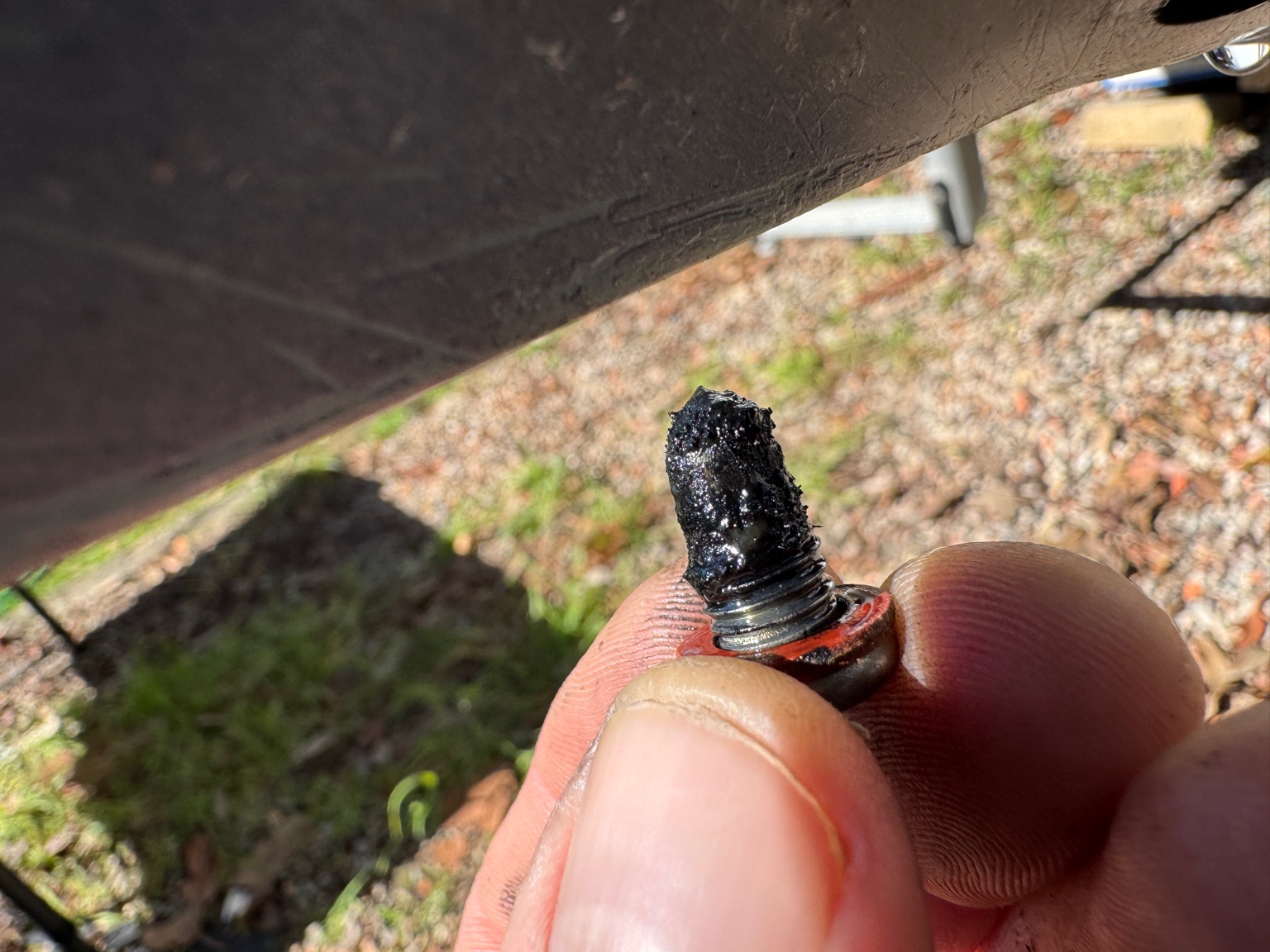
The Lesson
The pictures speak for themselves: an outboard that hasn’t been properly serviced in years will always end up costing more in the long run. Whether you’re a weekend angler or a daily boater, preventative maintenance is your best insurance against breakdowns and costly repairs.
👉 Takeaway:
-
Remove your propeller regularly to check for fishing line.
-
Re-grease moving parts during each service.
-
Replace gear oil at least once a year.
-
Stick to the manufacturer’s service schedule.
Boating should be about freedom and fun, not frustration and breakdowns. Don’t let neglect take you off the water—service your outboard on time, every time.
- Rares Badrea
-
Hits: 140



